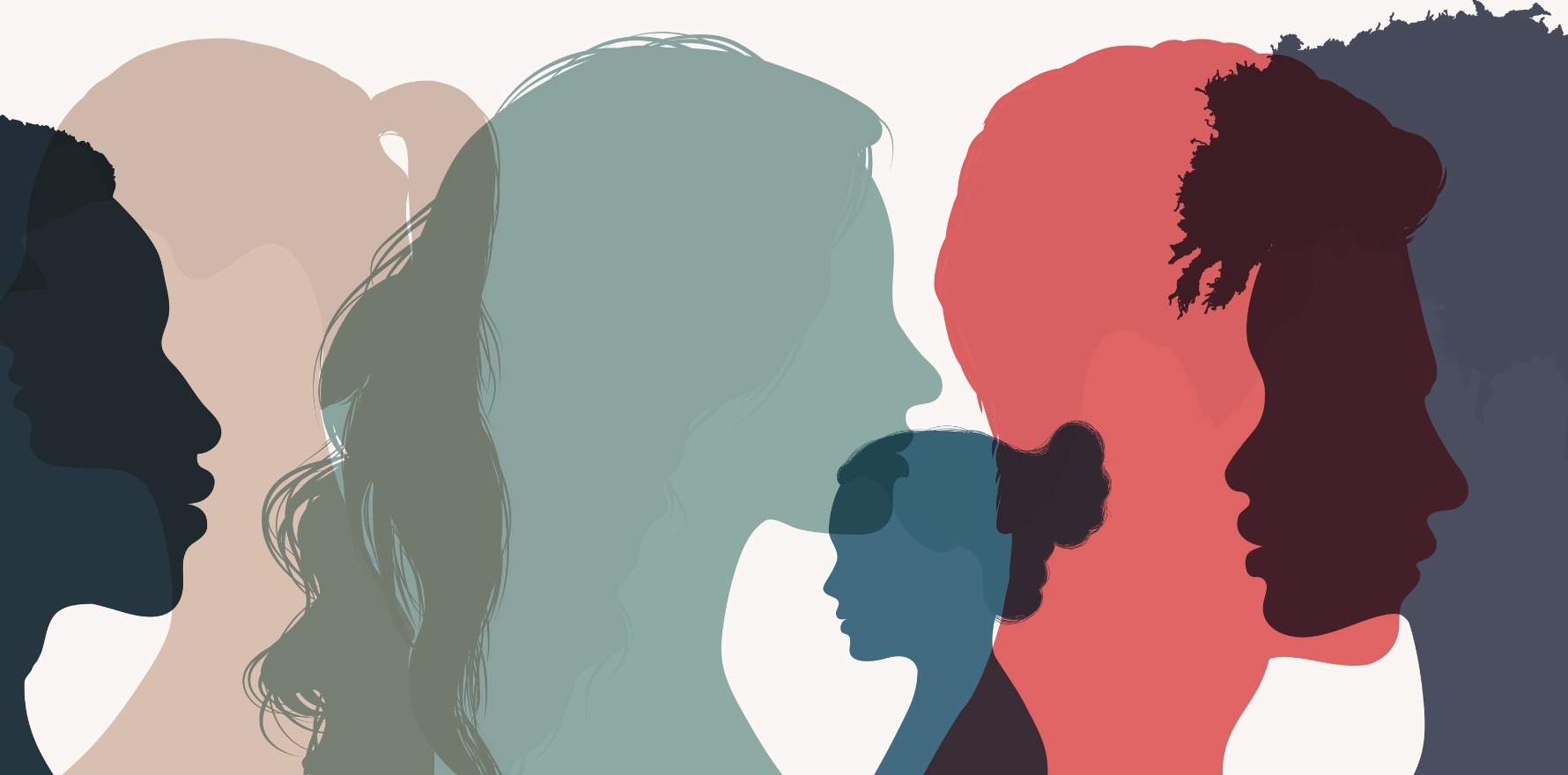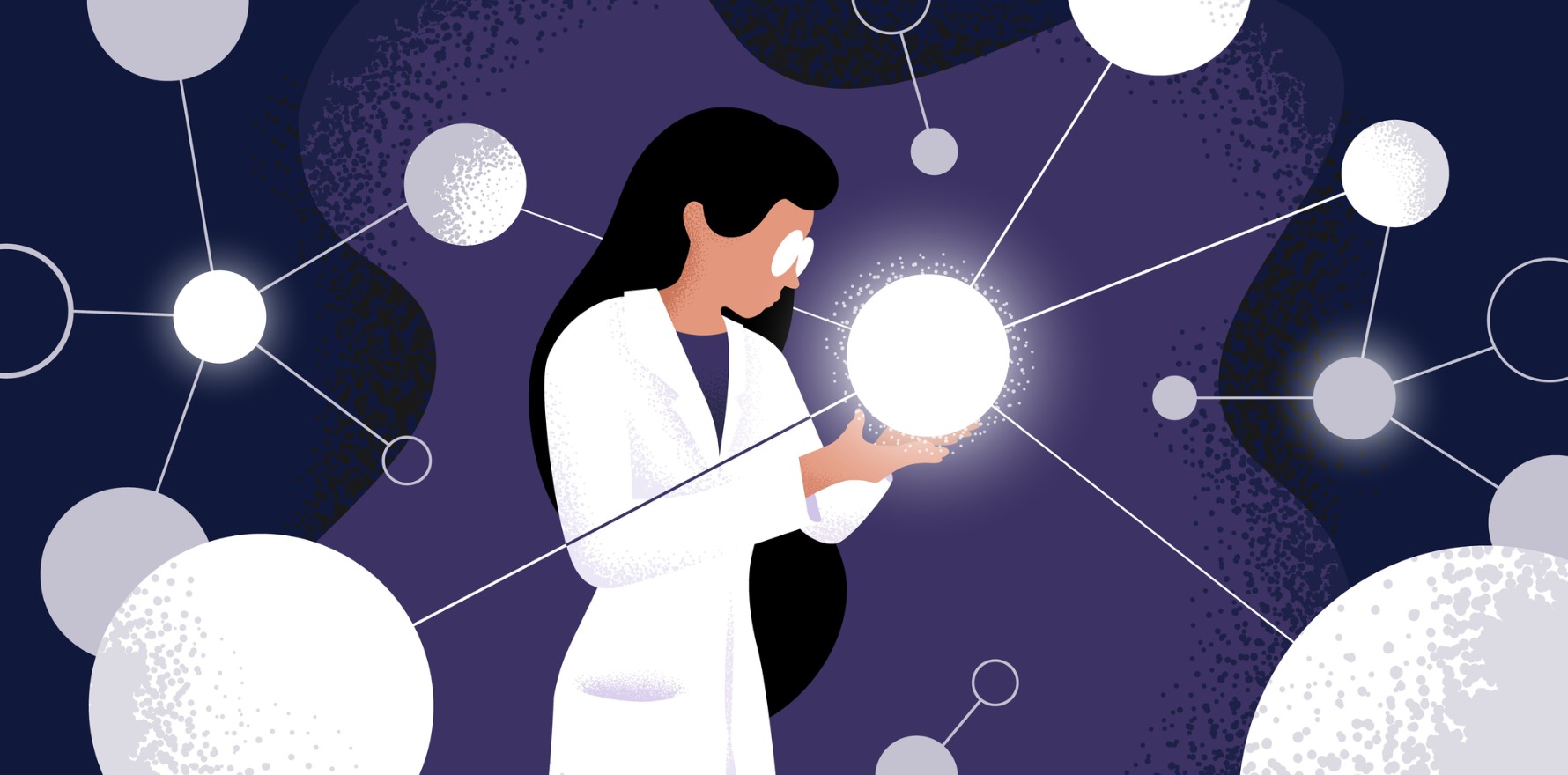The consequences of male-dominated research for medication prescribing are profound and invisible to doctors.
A new centre has opened at UNSW to tackle gender bias in healthcare and aims to improve outcomes for Australian across the board.
Gender diversity has been a longstanding problem in health and medical research across Australia.
“More than 70% of participants in early-stage clinical trials are white men, with male cells and male animals used as standard in the laboratory,” said Professor Robyn Norton from the George Institute for Global Health.
Starting in pre-clinical trials, this problem trickles into later stage trials and into practice.
“When these results are generalised to women, intersex, trans and gender-diverse people, we see long delays in diagnosis and intervention, inappropriate treatment or dosing, different responses to medicines and devices, and dismissal of pain or other symptoms,” said Professor Norton.
“This historical focus almost exclusively on the male means other populations have been understudied.
“Viewing trial protocols and analysis through a sex- and gender-sensitive lens can improve outcomes across the board.”
Speaking to The Medical Republic, chair of the RACGP expert committee on research Professor Dimity Pond said that GPs are blind to how underlying research may have affected the guidelines and advice on prescribing.
“When we prescribe medication, we don’t realise that women may have been excluded or minimised in some way from the research that’s underlying it,” she said.
To begin to right these historical wrongs, the George Institute, the Australian Human Rights Institute at UNSW Sydney, and Deakin University, with support from the Victorian Department of Health and the Association of Australian Medical Research Institutes, have launched the Centre for Sex and Gender Equity in Health and Medicine.
The UNSW-based national research, policy and education centre aims to challenge the “one-size-fits-all” approach, which perpetuates knowledge gaps and poorer health outcomes across the board.
According to UNSW’s Associate Professor David Carter, step one will be understanding the problem.
“The first step to improving health outcomes for everyone, regardless of sex or gender, is to get a clear picture of the problem by gathering robust evidence,” said Professor Carter.
“This means educating everyone in the medical ecosystem on how to factor sex and gender considerations into health and medical research and practice, including anyone funding, conducting, publishing or applying research to treatment or policy.”
According to Professor Pond, even the way in which we tend to look at illness, body part by body part, was a male-based view.
“I think undergraduates would really benefit from having an approach that’s more holistic.
“But that is a really big ask when the system has been built up to have non-GP specialists teaching GPs different bits of the body for more than 100 years now.”
The male-centric research history has, historically, meant worse outcomes for women.
Related
“While women typically live longer than men, research shows they are more likely to encounter bias when it comes to addressing health-related issues across the course of their life,” said executive dean for the faculty of health at Deakin University Professor Rachel Huxley.
“Women’s health research and services often focus only on their sexual, reproductive and maternal health, rather than understanding how the leading causes of death and disability such as heart disease, dementia and stroke, are experienced and best treated.
“Heart disease, for example, is a leading cause of illness and death for both Australian women and men, yet it continues to be primarily known as a ‘man’s disease’.
“As a result, women’s symptoms are often not picked up, attributed to other, often psychological causes, and treatment is delayed or not given at all, with serious consequences including death.”
However, there are also significant gaps in intersex and gender-diverse healthcare and can be gaps in knowledge for men in conditions typically affecting women, such as osteoporosis.
Evidence gathered by the centre will be used to shape government initiatives aimed at improving the health of women and the LGBTQIA+ community.





